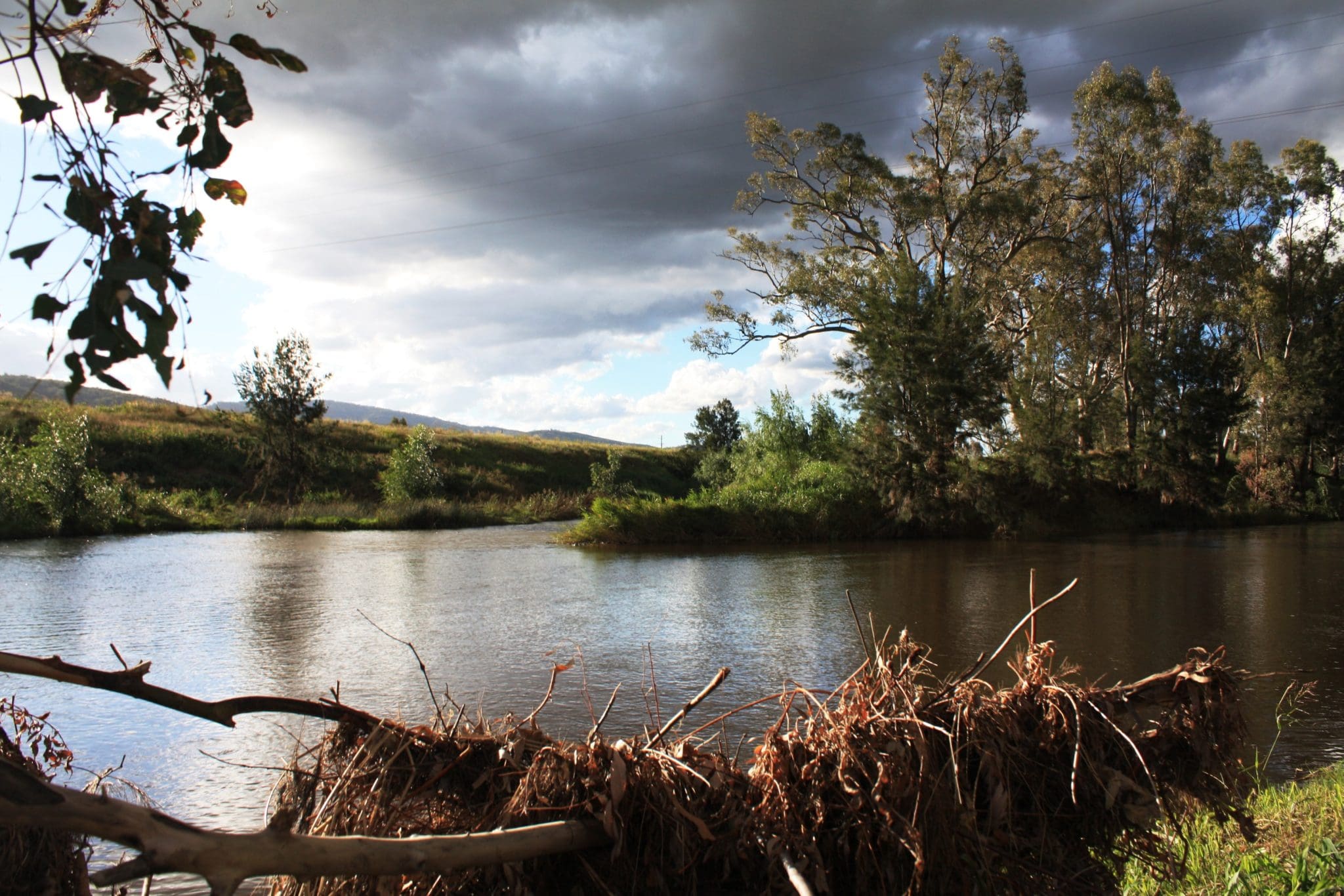Namoi River
You’re home to me
I’ll sit with you ‘neath the pretty bird tree
Namoi Mud is the second album from Kamilaroi singer-songwriter L.J. Hill, but the only one that is readily available on streaming platforms. In a 2020 interview, Hill mentioned that he is working on a third album, but so far nothing has been put out. Released, according to various sources, in either 2004, 2007, or 2008, there is so far no vinyl pressings of Namoi Mud.
Namoi Mud is a beautiful album. Hill has the careworn, weary voice of a late-career Johnny Cash, and it’s fitting that most of the songs land firmly in territory of country music. The first track, 18th Day of May, deals with the memories Hill has of his late sister, and the album only evolves from there into explorations of loss, substance abuse, and the intergenerational trauma that has been passed down as a result of the Stolen Generations. All the while, everything is anchored and framed by an inalienable connection to land; the streets of Armidale, the Namoi River flowing through Kamilaroi country, and the mud of its banks.
Hill doesn’t always nail the lyrics and they’re a bit clunky in parts. On the titular track Namoi Mud he sings, “And a twinkle in your eyes/how I miss that Namoi mud between my toes,” and even the best Bob Dylan syllable bending doesn’t quite make the couplet work. That’s not the point though. Hill writes, sings, and plays with an unvarnished sincerity that, when it all comes together, is haunting and profound.
Pretty Bird Tree is where Hill gets it all right. Paul Kelly and Charlie Owen cover the song on their album Death’s Dateless Night, a collection of funeral songs. In that sense, Pretty Bird Tree is a dirge, a requiem to a life misspent. Hill’s original starts with disjointed slide guitar and lyrics that sound like free verse poetry, and progresses to deal with the many ghosts of his past. There is indeed a spectral quality to the arrangement, and more than any other time on the album we get a sense of the unplumbed depth of Hill’s connection with the Namoi river, as if swimming in the ocean and no longer being able to see the bottom. Despite the hangovers and the sickness, despite the trauma and the innumerable losses, the banks of the Namoi river are his home and where he is connected to his ancestry.
I’d be lying if I didn’t say that the idea of “Impossible Vinyl” wasn’t at some level a hipster attempt at having the most esoteric album collection as a form of cultural capital. That of course would be nice, but it’s much more than that. It’s a lament that such an aching, beautiful album as Namoi Mud, with such a jewel in its crown as Pretty Bird Tree, does not exist in any lasting physical medium. Being so obscure and released in the age of CDs, just before the vinyl revival, it will likely never get pressed onto vinyl. That means that if it gets removed from Spotify for whatever reason, it is more or less gone forever.





